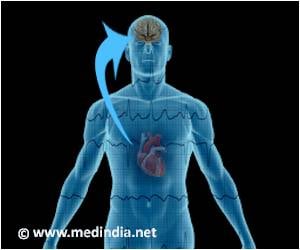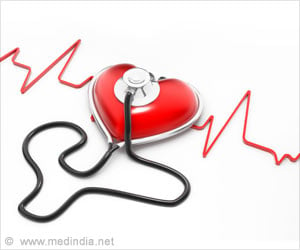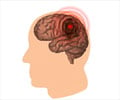Atrial fibrillation is not only associated with stroke but also other cardiovascular conditions, renal disease and death.

‘It is important to prioritize public health resources and the development of novel interventions for adults with atrial fibrillation to prevent complications associated with it.’





The findings show that the risk associated with atrial fibrillation is greater than that of stroke, prompting the researchers to call for interventions to reduce the risk of non-stroke outcomes in adults with the condition.A team of researchers based at the University of Oxford in the UK and the Massachusetts Institute of Technology in the USA set out to quantify the associations between atrial fibrillation and cardiovascular disease, renal (kidney) disease, and death.
They analyzed the results of 104 studies involving over nine million participants (587,867 with atrial fibrillation). Atrial fibrillation was associated with an increased risk of a range of different outcomes, including all cause mortality, ischaemic heart disease, chronic kidney disease, heart failure, and sudden cardiac death.
Differences in study design and quality were taken into account to minimize bias.
Absolute risk increases (based on the US population) included 3.8 events per 1,000 participant years for all cause mortality, 1.4 events per 1,000 participant years for ischaemic heart disease, and 6.6 events per 1,000 participant years for chronic kidney disease.
Advertisement
Atrial fibrillation was also associated with a twofold risk of cardiovascular mortality, a 2.3-fold risk of stroke, and a fivefold risk of incident congestive heart failure.
Advertisement
The researchers point out that the risk increases associated with many of these events is greater than that of stroke, and say their study "adds to the growing literature on the association between atrial fibrillation and cardiovascular outcomes beyond stroke."
Even though the associations they describe cannot indicate causality for the non-stroke outcomes, "there is merit in developing clinical risk prediction models for outcomes such as congestive heart failure; particularly given our relative and absolute risk estimates," they write.
"Finally, our study could have implications for the prioritization of public health resources and the development of novel interventions for adults with atrial fibrillation," they conclude.
Source-Medindia













